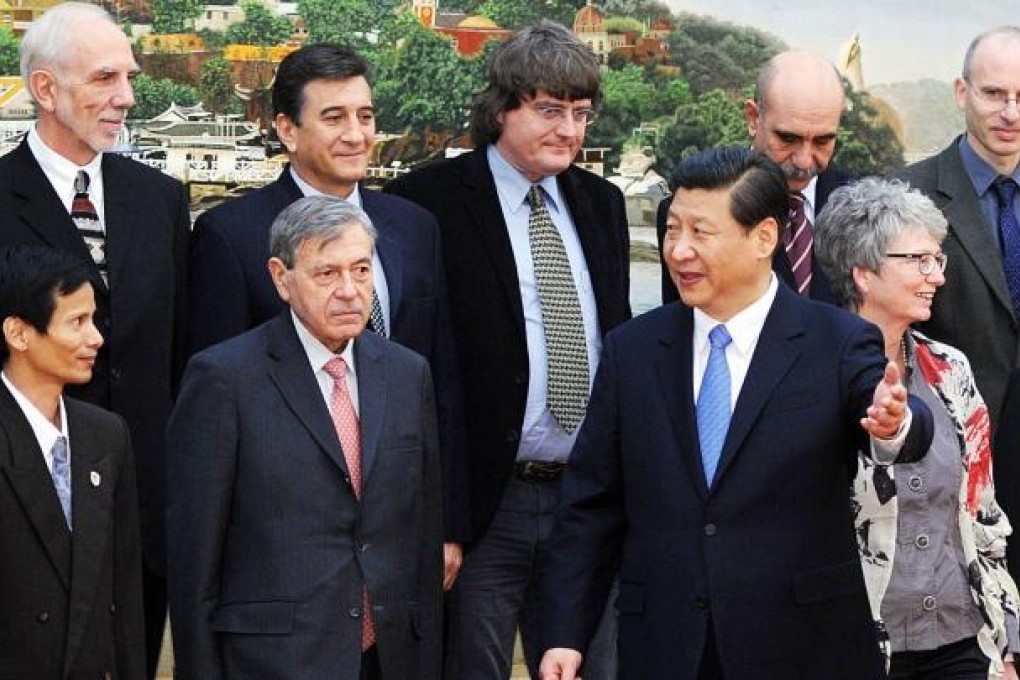Xi wins public support as he attempts peace-driven persona
The president-in-waiting has asserted himself as a tough leader while assuring the world of China's peaceful ambitions

In his first month since being named head of the Communist Party, Xi Jinping has attempted to allay fears about China's development by sticking to the rhetoric of his predecessors. But he has also been more confident and decisive in managing the nation's diplomatic affairs, helping him garner public support amid rising nationalistic sentiment.
With his close ties to the military and background as the son of a former revolutionary, Xi, poised to become president in March, is expected to be more assertive than predecessor Hu Jintao, though tactful to avoid jeopardising China's image.
Xi last week played down concerns that China would become aggressive during a meeting with foreign experts living in Beijing.
"China will never seek hegemony or expansionism," he said, adding that China will continue to "open the door to the outside".
"China's development is not self-centredness and will not do harm. It is not an 'I win and you lose' path. China is neither a challenge nor a threat," he said.
There have been rising nationalistic calls on the mainland for China to act tougher in its diplomacy, especially towards countries involved in territorial disputes with Beijing.